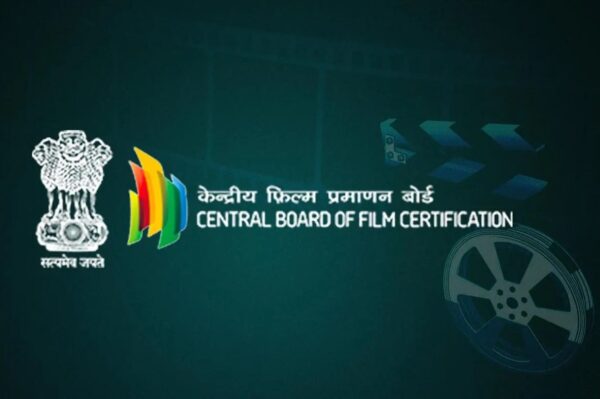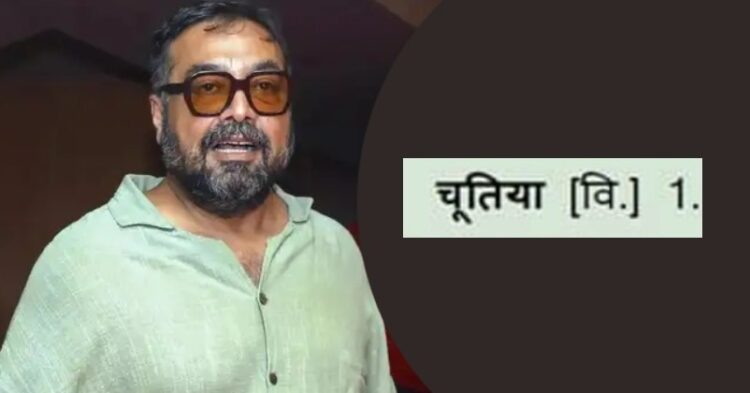Filmmaker Anurag Kashyap, known for his fearless storytelling and provocative themes, has long had a rocky relationship with India’s Central Board of Film Certification (CBFC). His struggles began with his very first film, Paanch (2003), which faced objections from the board over its strong language, portrayal of violence and depiction of drug use. Although it eventually received a censor certificate, the film never made it to theatres, reportedly due to financial issues. His later works, including Black Friday and Bombay Velvet, also encountered similar resistance from the CBFC.

Recently, Anurag Kashyap addressed the ongoing controversy surrounding the Malayalam film Janaki vs State of Kerala. The CBFC had reportedly asked the makers to change the film’s title and the name of its lead character, citing religious sensitivities. In an interview, Kashyap questioned the board’s increasing restrictions on character names and creative choices. He expressed disbelief over the notion that characters can’t be named after mythological or living figures, sarcastically suggesting that filmmakers might soon be forced to name their characters “XYZ”, “1234”, or “ABC”. He further criticised the idea that characters with grey or negative traits must be excluded or made entirely virtuous, pointing out that this kind of moral policing is stifling authentic storytelling. Anurag Kashyap believes that by refusing to confront uncomfortable truths, cinema is losing its power to reflect society’s flaws.
He explained that storytelling is the most impactful when it holds a mirror to society, exposing deep-seated prejudices and biases. According to him, films that preach morality often fail to bring about real change while honest narratives, even when uncomfortable, spark reflection. However, Kashyap lamented that the space for such storytelling is shrinking, as audiences and authorities increasingly demand content that aligns with idealised values and purified cultural standards.

Highlighting another issue, Anurag Kashyap brought attention to a language disconnect within the censor board itself. He argued that many board members and those who raise objections often lack an understanding of Hindi. Recalling a personal experience from his early days as a writer for the film Satya, he shared the controversy around the slang word “ch***ya”. He clarified that, by definition, the word simply means “stupid” or “foolish” — not something vulgar or offensive. However, he explained that due to regional and phonetic misinterpretations, the board objected to it. Kashyap said he even had to carry a Hindi dictionary to justify the word’s usage, though current protocols at the board don’t even allow filmmakers to bring their phones inside.
Now busy promoting his latest film Nishaanchi, Anurag Kashyap remains vocal about the challenges artists face in today’s cinematic landscape. His experiences reflect a broader conversation about the tightening grip of censorship on creative freedom and the growing pressure on filmmakers to conform rather than confront.




